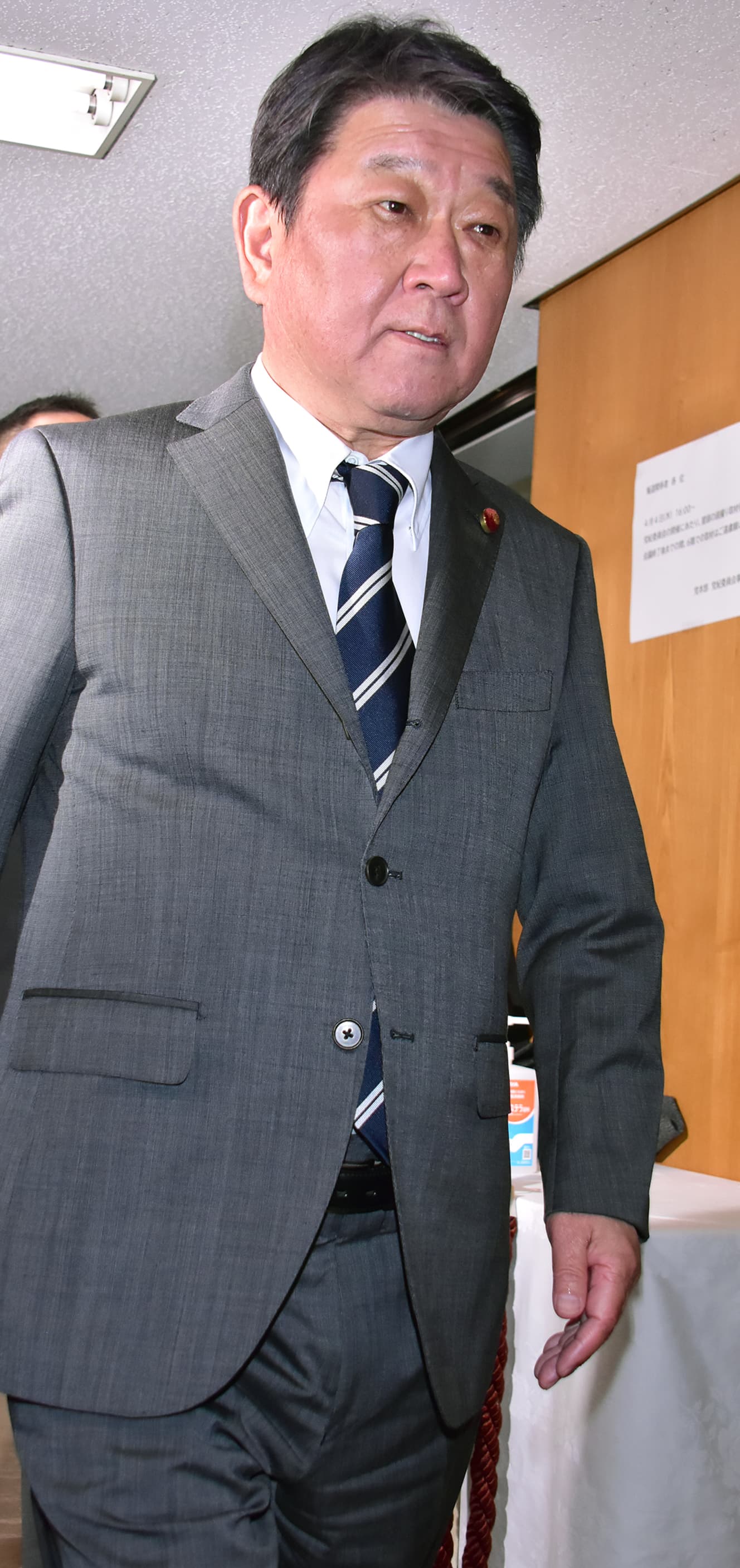4.After the 28th House of Representatives by-election, the “Kishida ouster” finally begins: “His centripetal force has lost ground.
Kishida's visit to the U.S. while the disposition of the slush fund issue is still in a state of flux.

The former secretary-general Toshihiro Nikai (85), who had the highest amount of undeclared expenses, was not punished. The former treasurer of the Kishida faction is being prosecuted, but he, too, is not being blamed. …… The grounds for the charges are unclear” and “Is there no responsibility on the part of the prime minister?
A middle-ranking Diet member belonging to Abe’s faction said in a tone of voice, “The backstory of the April 4 announcement is not clear.
The April 4 announcement of the punishment of the lawmakers involved in the slush fund issue has accelerated the decline in Kishida’s centripetal force.
However, Prime Minister Kishida turned his back on Japan, which was in turmoil over the disciplinary action, and quickly left Haneda Airport on April 8 on a government plane to visit the U.S. as a state guest of honor.
The prime minister is in a hurry to divert voters’ attention from the slush fund issue, and diplomacy is the only way left to do so. He may have rushed to take action against the slush fund lawmakers in order to clear the air before his trip to the U.S., but he did so too quickly and too carelessly, causing an unnecessary backlash. On the other hand, I hear that he spent a lot of time practicing for his speech to the U.S. Congress in English. The discrepancy in their senses is appalling.
From the very beginning, Prime Minister Kishida’s stance was that the slush fund was a matter between the Abe and Nikkai factions and that he was not responsible for it. It is not surprising that the latest action was taken arbitrarily in anticipation of the presidential election in September, in order to use the money as material for his reelection. Akiko Azumi, a political journalist, criticizes the action taken against former policy chief Kōichi Hagiuda (60) as a prime example of this.
Hagiuda, a favorite of former Prime Minister Yoshiro Mori (86), was given a lenient one-year suspension from his party post because he had no experience as secretary general, despite being one of the five members of the Abe faction. This is probably because Mr. Hagiuda was a unifier of the younger members of the Abe faction. It is clear that his intention was to “sweat the fall presidential election. It is likely that the decision was made to ‘keep those who can be used’ in preparation for the presidential election.”
Because of the upcoming supplementary elections to the House of Representatives to be held on April 28, there has been no movement within the party to topple Kishida yet. However, journalist Tetsuo Suzuki analyzes, “After the by-election, the movement to oust Kishida will become more active.
Former secretary general Shigeru Ishiba, 67, and Sanae Takaichi, 63, minister in charge of economic security, are likely to intensify their study groups. Former Prime Minister Suga Yoshihide (75) has already begun to make post-Kishida plans, holding meetings with Hagiuda, former Minister of Internal Affairs Ryota Takeda (56), former Chief Cabinet Secretary Katsunobu Kato (68), and others.
Secretary General Toshimitsu Mogi (68), who has made no secret of his desire to become president, is also said to be making disturbing moves. A young member of Mogi’s faction revealed, “The chairman said, ‘Something is going to happen in May.
He is probably trying to find the right time to resign as secretary-general in preparation for the presidential election in September. If he runs for president while still secretary general, it would be seen as a breach of trust, so it would be more convenient for him to step down from the position. If the supplementary elections do not go well, he will have a cause to take responsibility. He is said to be going around inviting members of the Abe and Nikai factions that were dissolved to dinner, saying that he will support the younger members of the factions.
It is common knowledge within the party that Kishida cannot win the next election. The day is near when Prime Minister Kishida will realize that he has strangled himself by “disposing only of posturing.


From the April 26, 2024 issue of FRIDAY
PHOTO: Takeshi Kinugawa